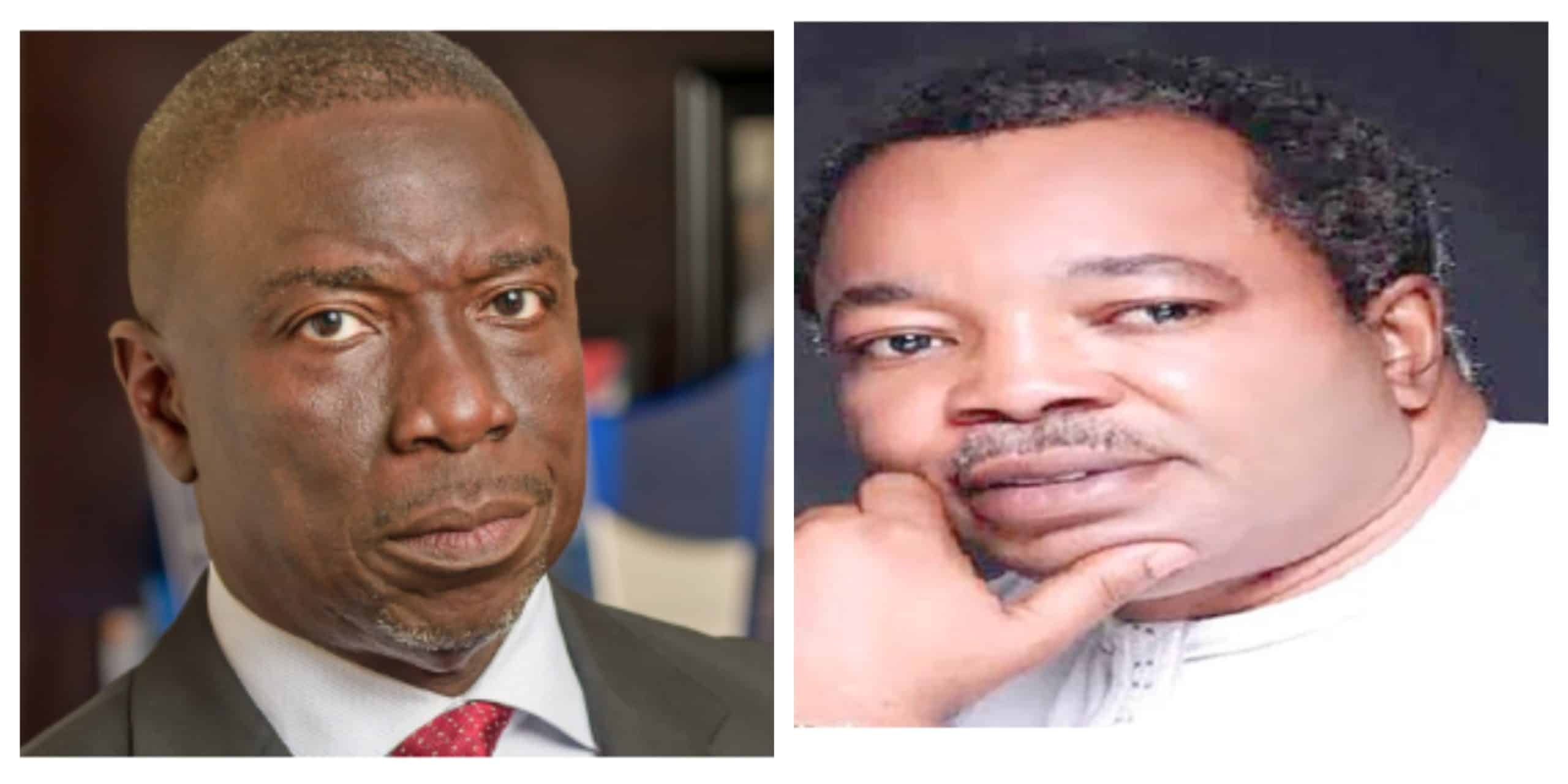A mother who is trying to stop her teenager being given cross-sex hormones to change their gender has won her fight to keep the courts involved in the case.
The Court of Appeal has ruled it is "appropriate" for it to "keep an eye" on the case at a time of rapid change in gender services and regulation.
It said the 16-year-old has the capacity and competence to consent to taking hormones which develop male physical characteristics. But it added that in future, the court may need to decide whether or not that is in their best interests.
Between the ages of 16 and 18 whilst not legally an adult, a young person is usually viewed as being able to make their own medical decisions.
Cross-sex hormone therapy is used to help people transition to a different gender from the one they were born into.
Handing down the judgement, the Master of the Rolls, Sir Geoffrey Vos, acknowledged the distress and disruption the teenager is likely to feel at the ongoing legal proceedings, but said he hopes that they "will come quickly to realise that we have pre-judged nothing".
The young person, who is currently undergoing an assessment at a private gender clinic, was known in court as "Q". None of the family can be identified for legal reasons.
In a statement, the mother said the last two years "had been painful, exhausting and terrifying", and that this ruling gave her hope for her child's future.
Her lawyer, Paul Conrathe, described it as a "significant ruling" and said, "it can no longer be assumed that just because a young person is 16 years old, intelligent and in good health that their decision to proceed with cross-sex hormones is the end of the matter".
This is the latest twist in a complicated and long-running case. The teenager was born female and wants to transition to male. Cross-sex hormone treatment would allow them to develop masculine physical characteristics, such as a deeper voice and facial hair. The parents divorced acrimoniously, and the father supports the teenager in their wish to have private gender-changing treatment.
The mother has used crowdfunding to pay for a two-year legal fight against that. Her case was dismissed by a lower court in April, which would have ended its involvement in decisions.
The mother's appeal was heard by a panel of three judges, headed by Sir Vos and with the president of the family courts, Sir Andrew McFarlane and Lady Justice King also sitting. In a mark of public interest in the case, the one-day hearing on 11 December was livestreamed.
Today's judgement said with agreement between the parents in the case unlikely, it would be wiser to keep the proceedings alive as "there is sufficient current doubt as to what is proper and appropriate in this area".
It concluded that the judge in the earlier case "did not place enough weight on the possibility of genuine future disagreement, the rapidly changing regulatory environment and the fact that services provided by private hormone clinics seem already to be in a somewhat different position from the same services provided by the NHS".
The Cass Review published in April this year found that there was a lack of research and "weak evidence" for medical interventions in gender care. As a result, NHS England wrote to all NHS gender clinics saying "extreme caution" should be exercised before recommending cross-sex hormones for under 18s.
Cass also provided the blueprint for a major shake-up of NHS-run services, with new multi-disciplinary clinics being set up. One of the recommendations was that a national multi-disciplinary team (MDT) discuss every case considered for medical treatment. The court questioned how that would be possible for a private clinic.
The UK has one privately-run regulated gender hormone clinic, Gender Plus. It has just been rated outstanding following its first inspection by the regulator, the Care Quality Commission.
A separate branch of the clinic carries out assessments. The teenager is undergoing six months of interviews with that team before recommendations are made on whether they should be referred to the hormone clinic.
Dr Aidan Kelly, a clinical psychologist and director at Gender Plus, said that while he could not comment on specific cases, all young people assessed as appropriate for gender-affirming hormones should be considered by a panel of clinicians who are not treating them.
Whilst the clinic can't access the NHS national panel, he said it has created its own.
"The MDT, which includes an independent child and adolescent psychiatrist, must review all referrals prior to being accepted onto the hormone pathway," he said.
The court has adjourned Q's case, saying this would allow it to be involved again if necessary.

 4 hours ago
2
4 hours ago
2















 English (US) ·
English (US) ·